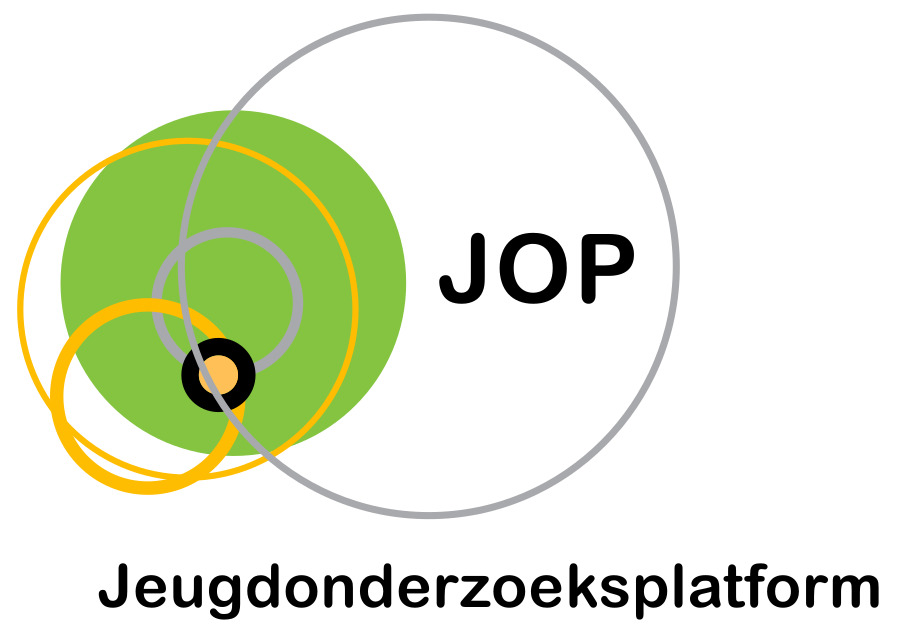Segregation and Socialization. Academic Segregation and Citizenship Attitudes of Adolescents in Comparative Perspective?
Auteurs
Kavadias, D., Hemmerechts, K.H., Spruyt, B. (2017).

Abstract
Er is een tendens om onderwijssystemen te beoordelen in functie van hun doeltreffendheid in het behalen van hoge scores op cognitieve vaardigheden. Scholen hebben echter ook een socialiserende functie. Het hele beleidsdebat heeft de neiging om de impact van onderwijssystemen op de attitudes van jongeren of de mate waarin ze democratische waarden aanhangen te negeren. Daarom focust deze bijdrage op de impact die onderwijsorganisaties in Europese samenlevingen hebben op de burgerlijke attitudes van adolescenten. Daarbij wordt de impact bestudeerd van academische segregatie – de praktijk waarbij kinderen verdeeld worden op basis van hun onderwijsprestaties – op de attitudes van jongeren uit verschillende onderwijssystemen. Daartoe wordt de International Civic and Citizenship Education Study (2009) gebruikt en worden multilevel modellen uitgevoerd. De resultaten tonen dat jongeren verschillen in de manier waarop ze hun medeburgers percipiëren naargelang de manier waarop het onderwijssysteem leerlingen selecteert en onderverdeelt doorheen de schoolcarrière. Meer specifiek, is er een negatieve impact van academische segregatie op de attitudes ten opzichte van immigranten en etnische minderheden. Hoewel de ervaring van adolescenten gebaseerd op hun onderwijsprestaties de manier beïnvloed waarop ze anderen percipiëren, biedt dit onderzoek geen antwoord op de vraag waarom dit het geval is maar tracht ze een aanzet te geven in de aanwijzing van de impact die ongelijkheid heeft op sociale uitkomsten.
There is a tendency to assess educational systems in terms of their efficiency in gaining high scores on cognitive skills. Schools perform, however, also a socializing function. The whole policy debate tends to ignore the impact of educational systems on attitudes or democratic values. This contribution focuses on the impact of the organization of education in European societies on the civic attitudes of adolescents. We explore the impact of academic segregation – the practice of segregating children on the basis of their scholastic achievement – on attitudes of adolescents living in different educational systems. We use the International Civic and Citizenship Education Study (2009) relying on multilevel models. Pupils differ in their outlook on fellow citizens, according to the ways in which educational systems select and differentiate throughout school careers. More specifically, there is a negative impact of academic segregation on the attitudes towards immigrants and ethnic minorities. The experience of adolescents based on their educational achievement seems to affect how they perceive other people. We have not answered the question why this is the case. We hope to have provided a minimal indication of the impact of inequality on social outcomes.
Referentie
Kavadias, D., Hemmerechts, K.H., Spruyt, B. (2017). Segregation and Socialization. Academic Segregation and Citizenship Attitudes of Adolescents in Comparative Perspective? Journal of Social Science Education, 16(2): 30-41.
Taal
Engels
Publicatievorm
Tijdschriftartikel
ISBN – DOI
10.2390/jsse-v16-i2-1611
Trefwoord(en)
Academische segregatie, attitudes ten opzichte van migranten en etnische minderheden, 21 Europese samenlevingen, multilevel modeling
